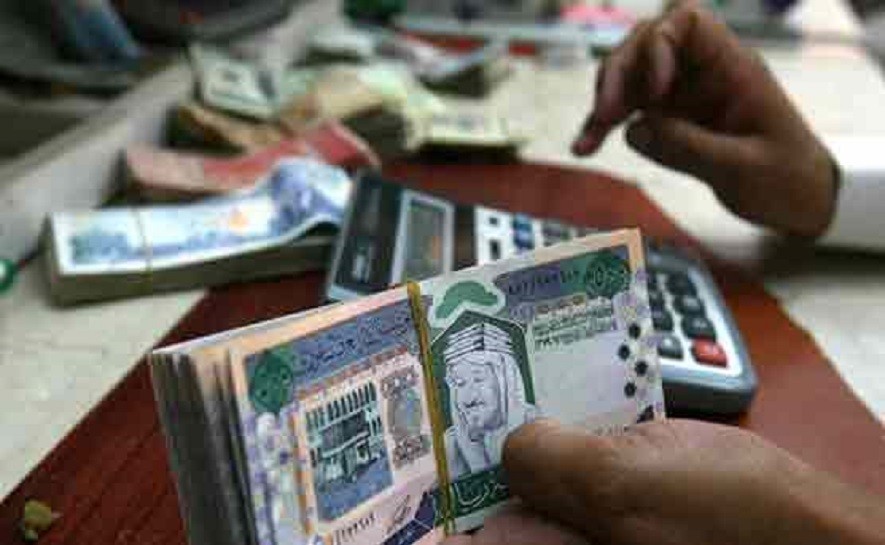Make families pay
June 22, 2017 | Expert Insights

From July 1 of this year, Saudi Arabia will be collecting a new tax from expatriates and their dependents. The tax, which has been called ‘family tax’, will particularly affect the 41 lakh Indians who reside in the region.
Imposition of family tax
Indians form the largest community of expatriates in Saudi Arabia. Currently, there are around 41 lakh Indian citizens living in the region with around 20-24 lakh expatriates contributing greatly to the economies of both the countries.
Recently, Saudi Arabia has declared to impose a family tax of 100 Riyal (approximately Rs 1723) on each dependent of the expatriate. This tax is expected to go up by 100 Riyal each year till 2020. As of right now, companies in Saudi which have more expats than locals working for them, pay a sum of 200 Riyal monthly for every expatriate employed.
Considering the financials costs that come with having dependents, many Indians are mulling over sending their family members back to India.
Implications on India and Saudi Arabia
This move by Saudi Arabia is in line with the recommendations of the International Monetary Fund (IMF) to Gulf States to introduce measures to increase revenue. There has been a slow down of growth in the region due to a slump in oil prices.
Bahamas, British Virgin Islands, Brunei, Cayman Islands, Monaco, Turks and Caicos Islands and Vanuatu are the only countries that do not levy taxes on non-residents, while Unites states and Eritrea are the only two countries who tax their citizens overseas. To deter tax avoidance by abandonment of citizenship, the United States imposes an expatriation tax on some of those who give up their U.S. citizenships. The tax also applies to lawful permanent residents or green-card holders who are considered "long-term residents."
Assessment
The income of Indian expats in Saudi Arabia has already reduced due to imposition of income tax by the government following the fall in oil prices. The family tax might add on to the financial pressure on those who are already struggling.
This will result in many returning back to India, which would cut down the revenue from the remittance that India gets.
Our assessment is while, assuming an Indian family in Saudi Arabia consists of four people, statistically Saudi Arabia is likely to collect about one billion dollars within a year through this tax alone. And India’s remittance profit of $10.5 billion is likely to go down. With the IT sector within India experiencing an increase in layoffs, this would prove a difficult time for Indians coming back from Saudi to find new employment as well.








Comments